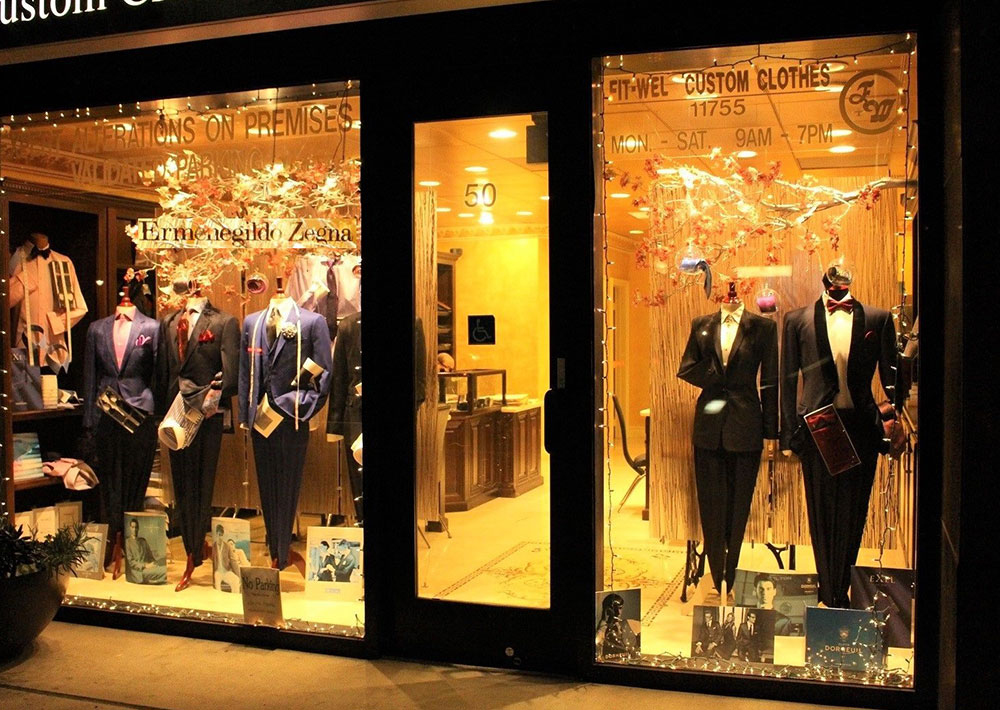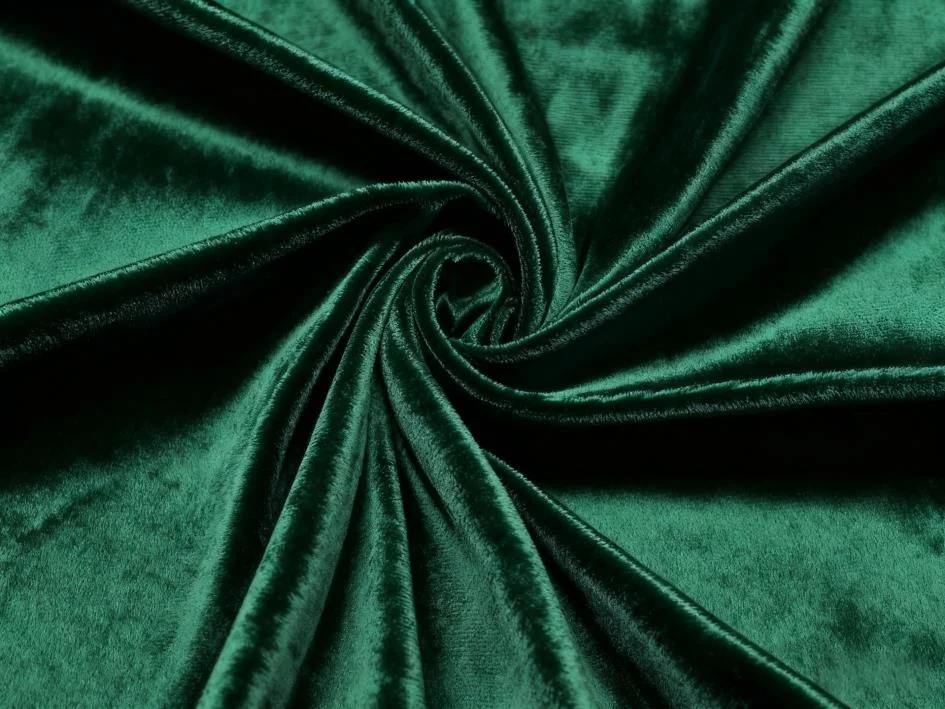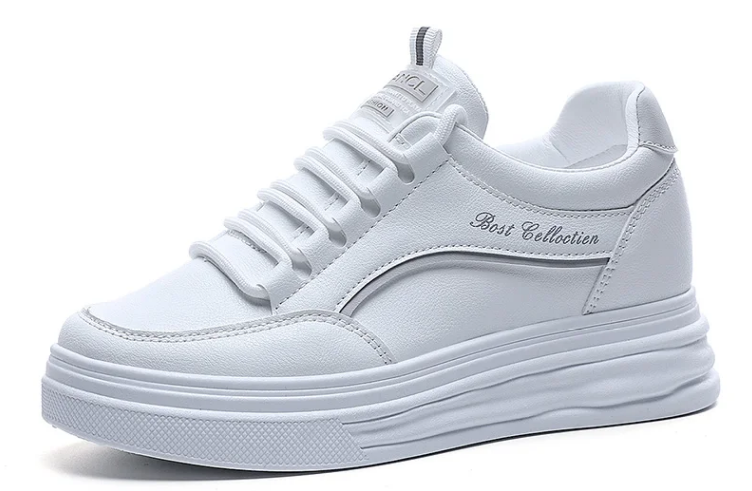
In the realm of consumer behavior, one paradox that has intrigued economists, sociologists, and psychologists alike is the propensity of individuals with limited financial resources to purchase luxury items. This phenomenon, often viewed as counterintuitive, has been the subject of numerous studies and debates. This article aims to delve into the reasons why the poor buy luxury items, examining the socio-economic and psychological factors at play.
- Aspiration and Status Symbol
One of the primary reasons why individuals with limited financial means purchase luxury items is the aspiration for a better life. Luxury items, with their high price tags and association with affluence, serve as symbols of success and status. By owning these items, individuals can project an image of success and wealth, even if their actual financial situation is far from it. This is particularly prevalent in societies where material wealth is highly valued and equated with personal worth and success.
- The Bandwagon Effect
The bandwagon effect, a psychological phenomenon where people do something primarily because others are doing it, also plays a significant role. The media and advertising industries often portray luxury items as desirable and a sign of success. This portrayal can influence individuals, including those with limited financial resources, to purchase these items to fit in and feel accepted.
- Quality Perception
Another reason why the poor buy luxury items is the perception that these items offer superior quality. While this is not always the case, the high price tag of luxury items often leads people to believe that they are investing in a product that will last longer and perform better than cheaper alternatives. This perception can make the initial high cost seem like a worthwhile investment in the long run.
- The Veblen Effect
Named after the American economist Thorstein Veblen, the Veblen Effect refers to the phenomenon where individuals buy expensive items because they are expensive. In this case, the high price of a luxury item is a part of its appeal. It serves as a status symbol, allowing individuals to flaunt their ability to afford such items, even if their actual financial situation is precarious.
- Emotional Satisfaction
Lastly, the purchase of luxury items can provide emotional satisfaction. The act of buying can serve as a form of escapism, providing temporary relief from the stresses and hardships of poverty. The pleasure derived from owning a luxury item, even if it leads to financial strain, can be a powerful motivator.
In conclusion, the reasons why the poor buy luxury items are complex and multifaceted, involving a mix of socio-economic factors and psychological motivations. Understanding these reasons is crucial for policymakers and social scientists alike, as it can inform strategies to promote more sustainable and responsible consumption behaviors.




